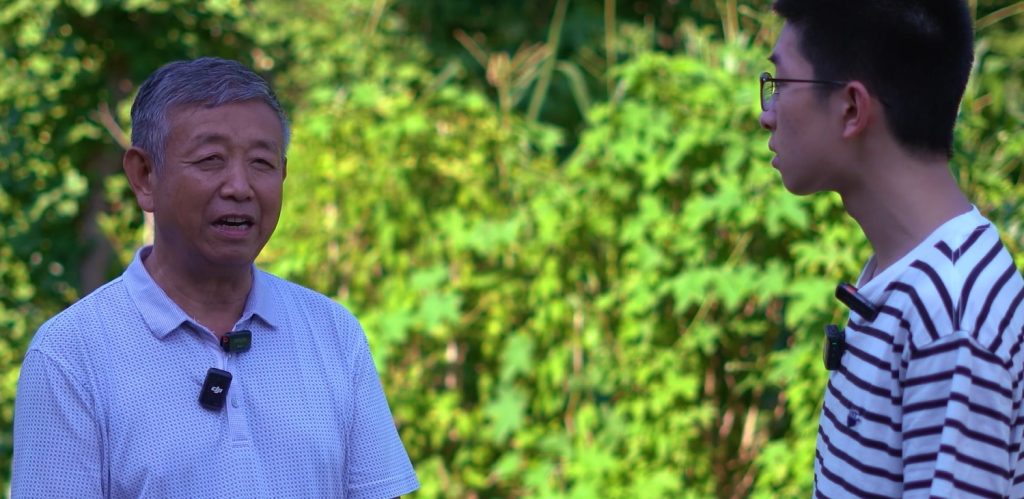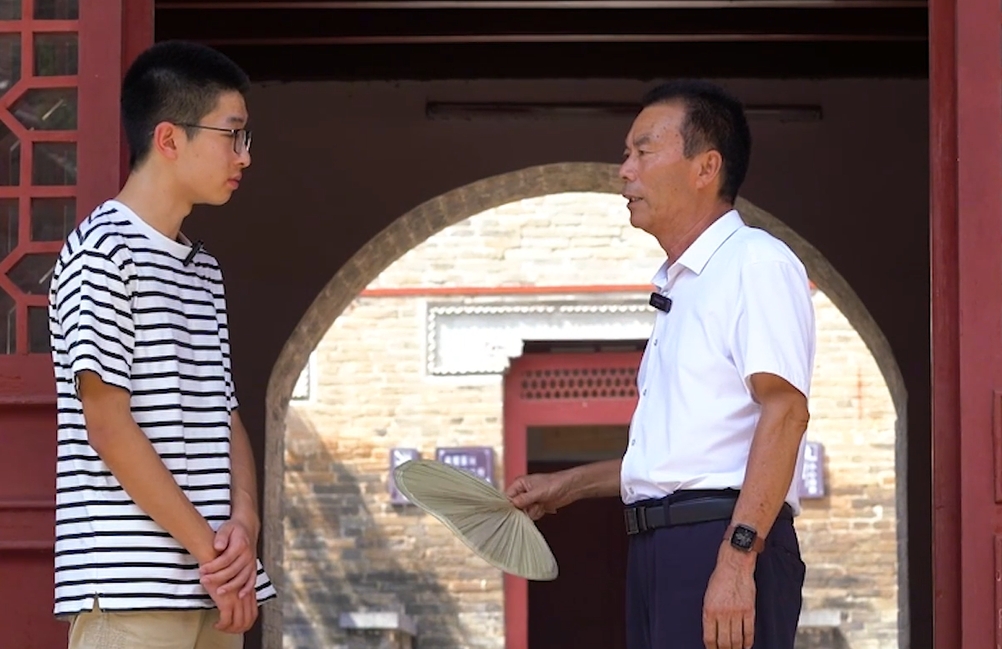When I told my friends I wanted to research Yuan Shikai, they laughed.
“Yuan Shikai? The warlord guy who tried to be emperor?”
Even my basketball teammates—usually uninterested in anything older than LeBron—couldn’t resist ribbing me.
“Of all people, you chose the guy with the worst PR in Chinese history?”
But I wasn’t looking for heroes. I was looking for complexity.
I’d grown up with history textbooks that made the past feel tidy. Yuan was always the footnote villain: power-hungry, overreaching, undone by his own ambition. But something in the margins—those passing mentions of educational reforms, bureaucratic innovation, military training—hinted at a man who didn’t fit neatly into the role of villain. That tension drew me in.
I hadn’t yet spoken to my history teacher. Honestly, I wasn’t sure how he’d react. But I knew I needed to go beyond the page. So I packed my notes and headed to Henan, Yuan’s hometown.
That’s where my questions began to unravel—and deepen.
In Xiangcheng, timelines worked differently. One elder dated events by the Great Locust Plague; another, by the year Old Zhang’s pig won the county fair. Everyone over sixty claimed distant kinship with Yuan. And nothing opened doors faster than the ghost pepper chips I’d stashed in my backpack.
At a tea stall, I ditched my academic questions and asked something simpler:
“If Yuan walked in here right now, what would you serve him?”

“Baijiu,” someone said.
“No, chrysanthemum tea.”
“Vinegar,” muttered an older man. “He left a sour taste.”
That answer stayed with me.
From then on, I stopped chasing certainty. I started collecting contradictions:
— Yuan founded over twenty vocational schools, championing modern education.
— Yuan tried to crown himself emperor, clinging to an outdated ideal.
— Yuan’s military academy is now a hotpot restaurant, bubbling away over forgotten foundations.
Back home, my bedroom wall became a map of questions. Threads of red yarn connected fragments of insight: the baijiu-tea debate to Yuan’s straddling of tradition and reform; a farmer’s frustration to grassroots perceptions of power and inequality. My original thesis—confident, clean, over-simplified—collapsed. I didn’t mind. I began again.

And this time, I reached out to my father.
I told him what I’d found—not just facts, but feelings. Local narratives, personal memories, tangled legacies. He listened carefully. Then he said:
“That’s real history. When the archive doesn’t match the emotion—that’s when you dig deeper.”
I’ve learned that studying history isn’t about assigning labels like “good” or “bad.” It’s about honoring the mess of it all—the overlaps, the reversals, the contradictions we carry forward. It’s about listening, not just to sources, but to silences.
Now, when someone flattens a historical figure into a headline, I pause. I think of Yuan—not villain, not hero, just human. I think of the baozi vendor in Xiangcheng who told me, almost offhandedly:
“Never judge a filling by its wrapper.”
And I smile—because that, to me, is the beginning of understanding.
